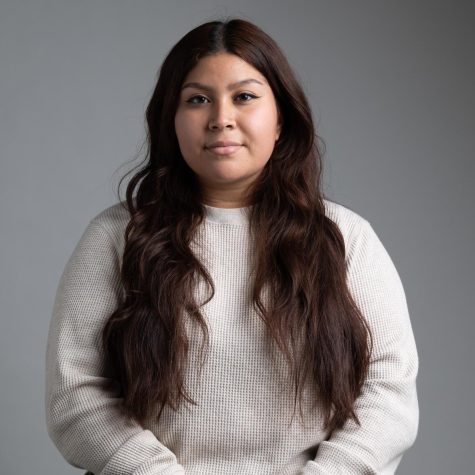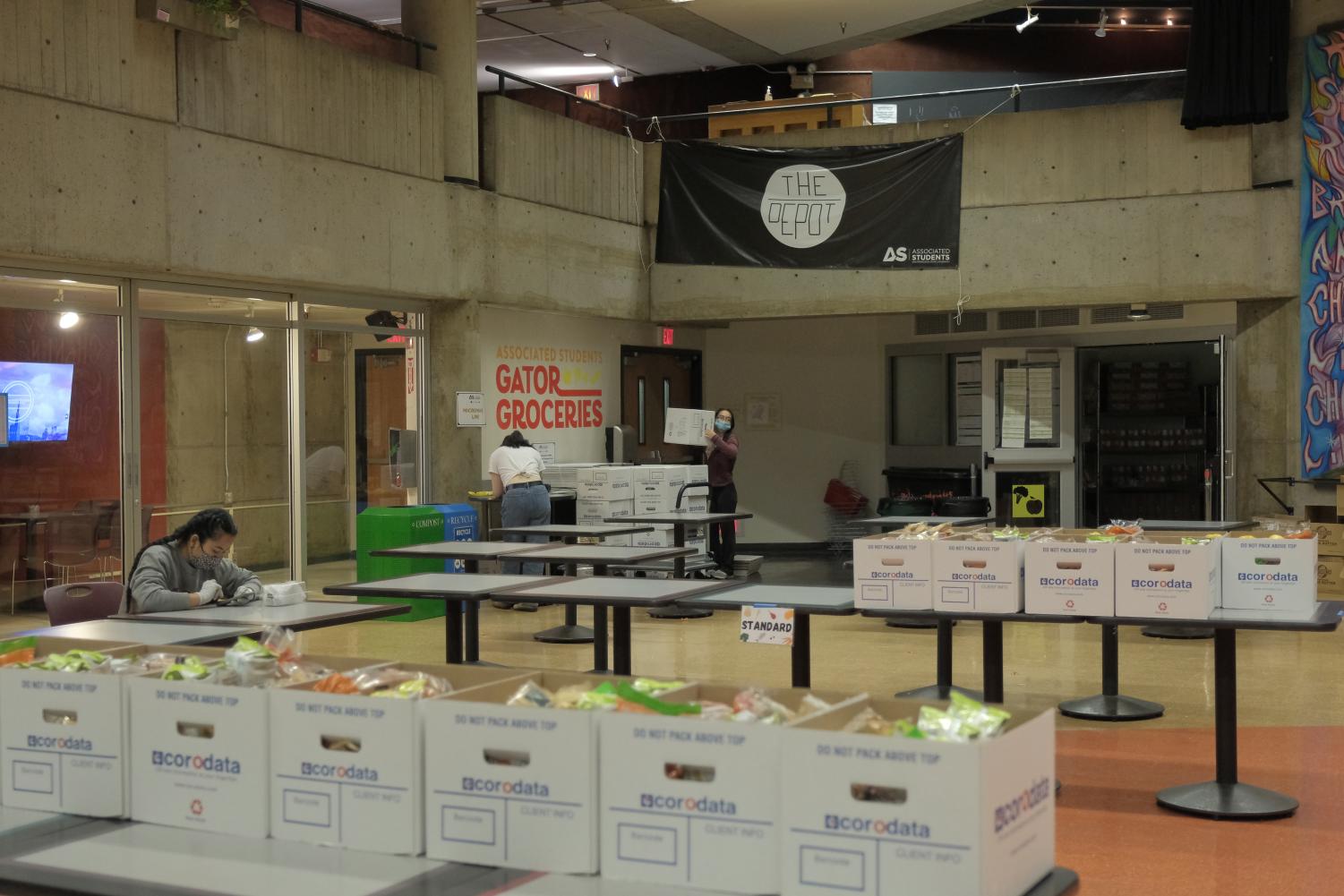



AB396 allows more people to qualify for food services through CalFresh, but students can still get Gator Groceries if they don’t qualify
Oct 9, 2021
Gov. Gavin Newsom signed into law on Monday Assembly Bill 396, which will help feed California university students that face food insecurity.
According to a press release from District 45 Assemblymember Jesse Gabriel’s office, the bill will now require universities to get certification from the California Department of Social Services so more students in qualifying employment and training programs can access CalFresh.
The CalFresh program, federally known as Supplemental Nutrition Assistance Program, is for people that are low-income so that they can purchase food. Electronic food stamps are loaded onto an EBT card that can be used at grocery stores that accept it as a form of payment. The amount is based on income as well as size of household.
Currently, for a student to qualify for CalFresh, they must work a minimum of 20 hours per week. Students who use the service receive up to $204 monthly for groceries.
AB396 expands the eligibility so those that fall under employment and training programs are also able to qualify for CalFresh. That means students that are in internships, apprenticeships and on-the-job training are eligible, according to the press release.
“All of our campuses have programs designed to make students aware and provide them the tools to enroll in CalFresh if they are eligible. This bill will further advance these efforts by streamlining and expanding an underutilized avenue for students to qualify for CalFresh benefits.” Hazel Kelly, public affairs manager at CSU’s Chancellor’s Office, wrote in an email to Xpress.
Since many campuses temporarily closed due to COVID-19, their food pantries that provided groceries to students facing food insecurity also had to close down. In a survey of 38,000 students done through the The Hope Center, 38% of students attending four-year colleges experienced food insecurities during the pandemic.
Joshua Ochoa, president of SF State Associated Student, wrote in an email to Xpress that he doesn’t believe that the legislation would provide additional funding to the university’s food pantry. He also wrote that AS is exploring options to expand the pantry to serve more students.
“Food insecurity and basic needs remain one of our biggest priorities, and we’re always striving to ensure that [ASI] and the University are taking the necessary steps to eliminate food insecurity on our campus!” Ochoa wrote.
Even for students who do not qualify for CalFresh, they can always access Gator Groceries, a campus program that provides free groceries to students. All that needs to be provided is a name, student ID and an email.
Gator Groceries is held in the lower level of Cesar Chavez Student Center every Wednesday and Thursday from 1 p.m. to 5 p.m. by reservation, and without reservation on Fridays from 12 p.m. to 2 p.m. Currently, it allows one box of food a week for each student and provides groceries to about 250 students a week, according to Tatianna Ramos, special events coordinator for AS.
The boxes weigh in at about 25 to 30 pounds, according to Horace Montgomery, senior director of productions for AS. [11] Each consists of fruits, vegetables, bread and other dry goods. Students can choose either only vegetables or the standard box, which includes the dry goods.
Jaileen Vang, an SF State sophomore, said that she learned about the program through her roommate and on Instagram. She gets a box of groceries every week and said that it lasts her about a week. Getting the box from Gator Groceries helps her not spend more at the grocery store than she normally would.
Ramos said she can relate to students that face food insecurity since she used to be an SF State student. She would often go a full day without eating and would rely on coffee to get her by.
“You have sustainable and healthy food products that we can give you, totally free, and you can make at home to save a buck or two,” Ramos said.
Montgomery created Gator Groceries in Fall 2017 because he recognized that there are students that don’t have enough money for food and are in need. He collaborates with the San Francisco-Marin Food Bank in order to provide all the food they receive to students.
“We work hard to make sure that students in-need get their food,” Montgomery said. “There are folks that I see that come in here every day for three years, they depend on us.”

